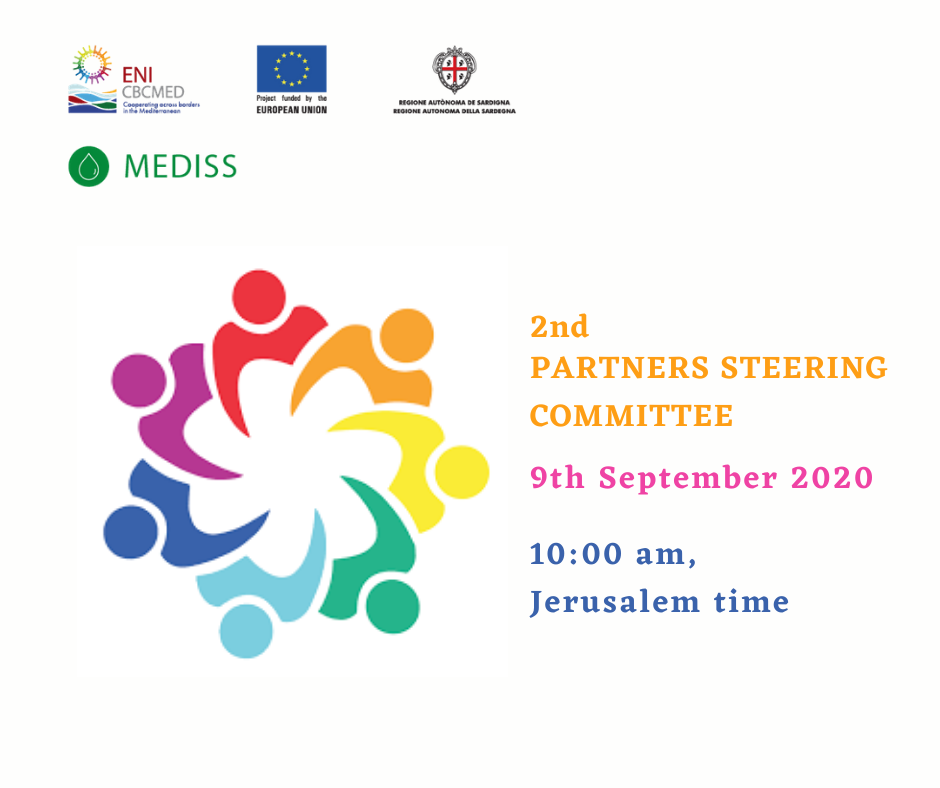EUPOL COPPS Family and Juvenile Protection coaching session held in Bethlehem
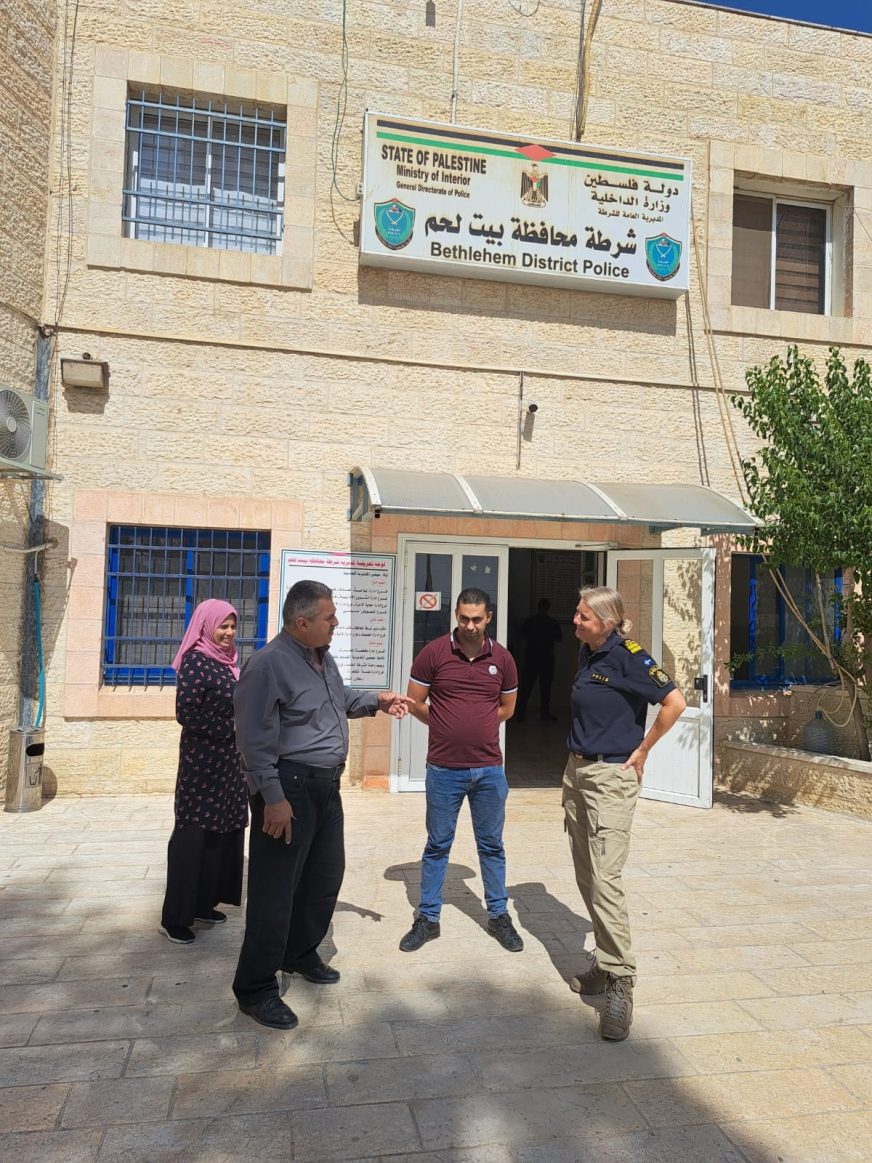
The lights are off in the premises of the Palestinian Civil Police (PCP) Family Protection and Juvenile Department (FPJD) in Bethlehem when EUPOL COPPS Advisor Anna Sanden arrives for a coaching session mid this week. Electricity cuts are just one of the many challenges Palestinians deals with daily, particularly in the current circumstances.
Anna is a Swedish police high ranking officer specialised in family protection. At Bethlehem FPJD, the Head of the Department, Col Mohammad Ghannam, welcomes her for an introductory briefing, shows her around, then introduces the officers attending her coaching session: Major Karam an investigator with 11 years’ experience in the PCP, 3 of which at the FPJD and Captain Inshirah, investigator and administrative officer, with 26 years of police experience 9 of which at the FPJD. The session is also an occasion for exchanges of views on best practices and different approaches influenced by the circumstances, as working together always implies “learning from each other”, as both mentor and mentees agree.
Together with her Palestinian colleagues, Anna picks a file for the session: a very recent case concerning a minor stopped by the customs police while driving a bus filled various goods, for which he could not provide any kind of documentation. The youngster’s older brother, explain the FPJD officers, was called in when the minor was stopped, however the two attempted fleeing the scene and allegedly physically assaulted the police officers.
The core of the coaching session focused on enhancing the efficiency of the FPJD approach in relation to the existing applicable law and the networking with the prosecution, the defense (in this case juvenile councilors) and the social services.
Anna emphasised the importance of avoiding detaining young people, highlighting human rights related aspects, including detention to be applied for serious offenses. Her session also focused about the importance of methodology support and guidelines for different kind of crimes.
The importance of police officers being able to conduct interrogations based on the PEACE model was also mentioned. Karam previously attended EUPOL COPPS internationally recognis ed PEACE model training, which, said the officer, was very beneficial as it greatly facilitates their work. The model is widely considered to be the best interviewing practice, perceived as a non-accusatory, information gathering approach.
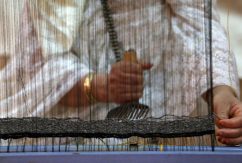
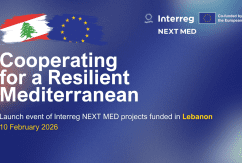

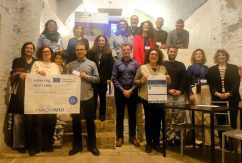

























 Syria
Syria 